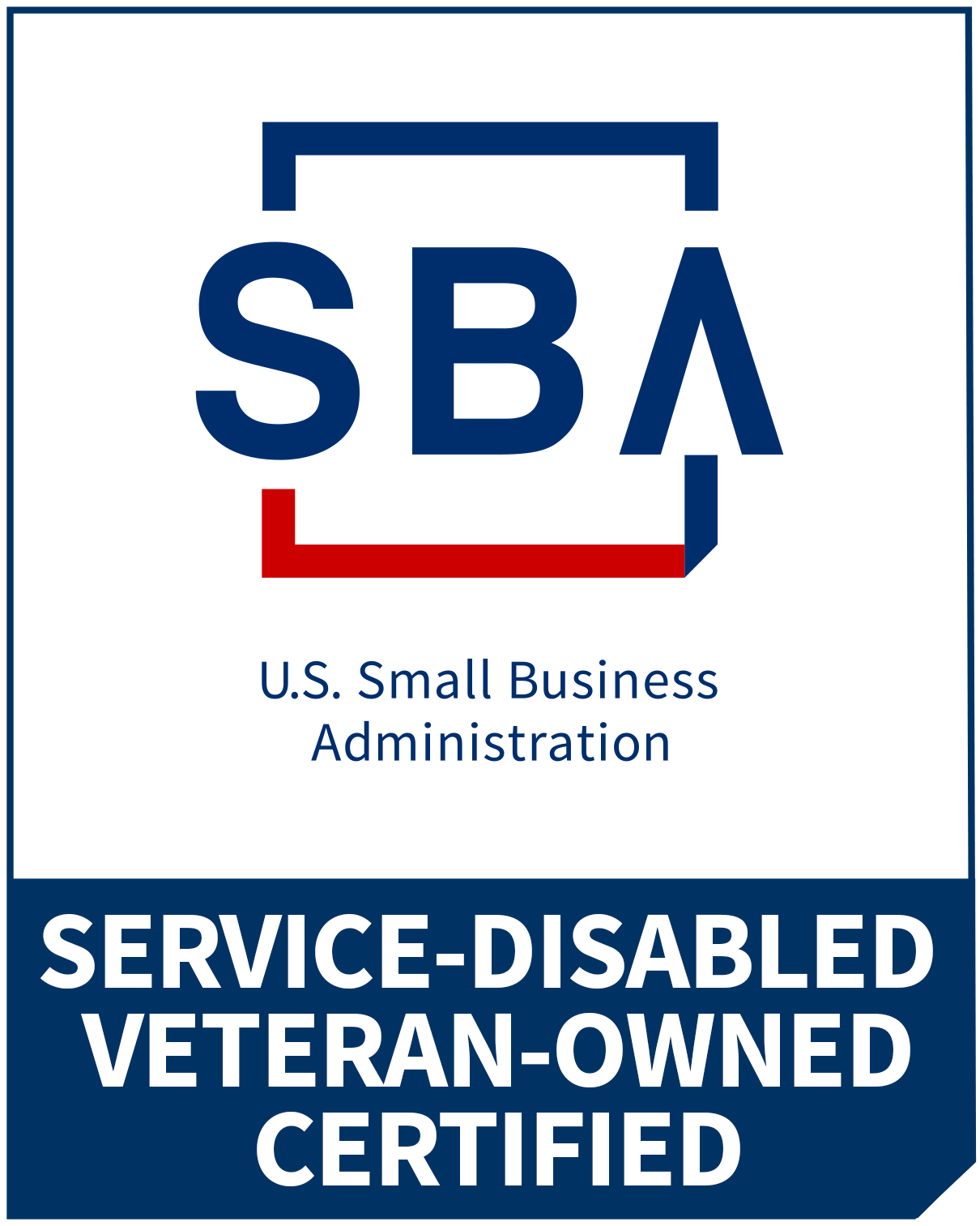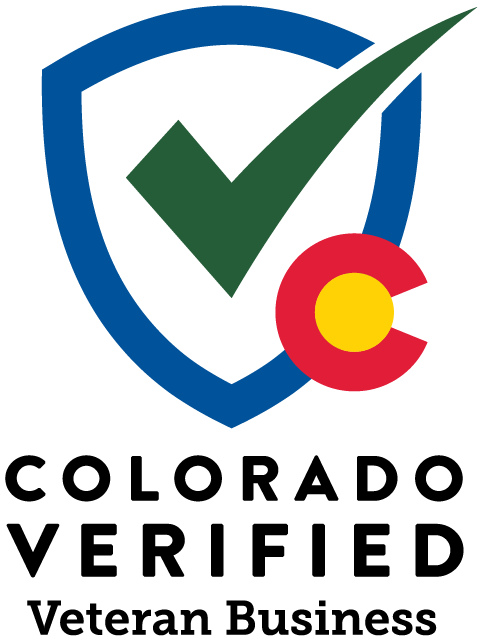I was speaking with a friend recently who had some car trouble. Hers is a fancy car (much more fancy than mine) and she’s used to having concierge-type service and treated very well by her car company when she needs help.
However, on this instance, her experience with the tow-truck driver who came to help her was decidedly not luxury. The guy wasn’t offensive or objectionable, but he was late, was a poor communicator (both in manner and style), and sort of curt when it all came down to it.
Now, this isn’t checking into a 5-star resort in a tropical destination…This is a breakdown along the highway and someone coming along to tow your car to the shop. So of course, expectations should be appropriate, and she didn’t overlook the satisfaction of simply getting the job done…anybody’s an angel in a situation like that.
Still, I couldn’t help but wonder how often Brand Promises are impacted—negatively, often—by the company we choose to keep; which is to say, our business partners.
I can definitely relate, as an independent consultant: In this line of work, where most new clients come by word-of-mouth, and communities of practice and tangential sorts of business (“Oh, I know what you need…I don’t do that, but I know someone in my network who does, let me put you in two in touch.”), while we don’t all work the same way, when a colleague or associate sends business your way, there may be some adjustment necessary in how you usually do things so that your friend doesn’t look like a jerk for having sent his or her client your way.
In a situation like my friend had with her car, on the other hand, there’s a long chain of custody, if you will, in handing her off as the Customer along the way.
The auto company (whose 800 number you may have on a decal on your window or perhaps there’s a link in their app to a phone number) doesn’t likely have any actual sort of “Roadside Assistance” mechanism in-house. There are companies (it’s an entire industry) that specialize in roadside assistance. They don’t do any sort of assistance themselves either, in fact. They’re a company whose business model is to put you, the poor soul on the side of the road with a car problem, in touch with a local (to you) company who’s in their network.
That towing company is likely somewhere nearby and owns a fleet of trucks manned by employees who can come to your rescue, potentially perform some sort of miracle right there and then, but otherwise can competently hitch you up and drag you to the shop (or the dealership, which, as a side note, is also only loosely affiliated with your car’s brand, but that’s another story altogether). These are the same people, often, who you’ll reach if you find that, having parked where you’re not supposed to, come back to find your car missing and call the number on the No Parking sign you’d missed earlier.
Often this company also contracts with individual tow-truck owners who have their own single-person company which, like the kids who come by to shovel your sidewalk, operates completely independently and finds work as it comes along. The towing company may have this driver’s number (along with a cadre of others) to use if their employees are all otherwise tied up at the moment.
That was this guy—the independent tow-truck operator; a ‘guy in a truck’. (She realized this because there was a tiny bit of confusion when he showed up—pleasant but intimidatingly huge and, well, dirty—in a truck with a different logo on the side from the towing company that the roadside assistance number had put her in contact with originally. He checked out, so all was fine.)
So, this experience went from: Car company (luxury brand) to a Roadside Assistance Partner (white-boxed, in a sense, but certainly a generic brand at best) to Towing Company (who the heck knows?) to ‘Dude in a truck’ (again, not a total jackass, but still…not that luxury brand from a few steps ago).
How does this luxury brand provide consistency of service? How does it impress on its roadside assistance partner to work with (and retain, and maintain, for that matter), towing companies that espouse their luxury brand? How does the towing company (does the towing company even care to?) enforce standards for their subcontractors? And how does anybody dealing with this luxury car brand actually experience this interaction?
Or, put another way, how far removed from the luxury brand of this auto manufacturer is the ‘Dude in a truck’?
We could do this all day: If you’re in the manufacturing and sales business for widgets, say your Brand Promise is ease-of-use. Good for you, and likely you design, develop, and engineer your product to be not only easy to use on its own, but seamlessly integrated into the systems in which your Customers will use it. You’ve thought of everything right down to language translations in your manuals, to running not only with Mac and Windows, but completely platform and OS agnostic. Whatever; all those things.
The only problem is that you ship through a company that makes it impossible to track packages. They may be relatively reliable (you’d ditch a partner that kept losing or delaying package deliveries, naturally), but if I’m a Customer of yours, I want to be able easily (remember that?) to know where my purchase is within your system and along the entire supply chain route to my home or business where I’ll be receiving it.
There are other examples, both in real life and notionally, that you can come up with. But when it comes down to it, whether we like it or not, we’re also kind of responsible (or at least, we’ll pay the price when it falls short) for our partner’s delivery of our Brand Promise as well.
We’ll often say that “CX is everybody’s job.” Here’s a way in which your Supplier Management or Partner Management organizations may have more work than they think they do.





